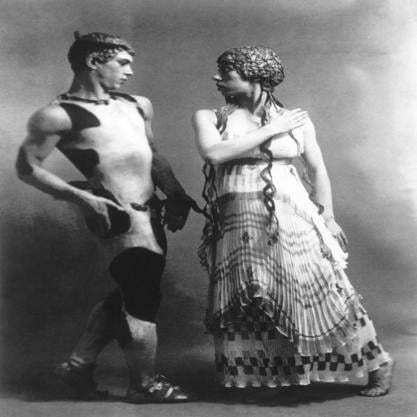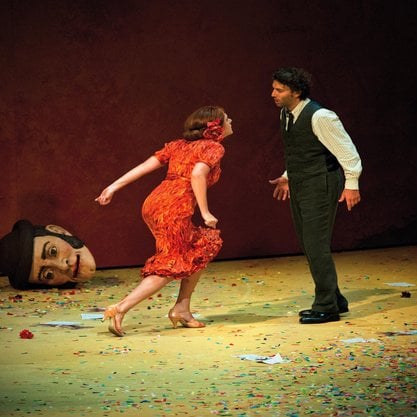Article
Sinclair, May (1863–1946) By Randall, Bryony
Article
May Sinclair was a novelist, journalist and literary critic. She began writing relatively late in life to help support her family, and while most of her novels would most obviously be categorized as realist, she was a great advocate for the experimentation of writers such as Virginia Woolf and Dorothy Richardson, and is perhaps most influential today as a literary critic of modernism; she was for example the first critic to use the term ‘stream of consciousness’ in relation to literature.
Her first commercial success came with her third novel The Divine Fire (1904), a philosophical novel combining a love story with an exploration and critique of the contemporary literary marketplace. Subsequent novels focused largely on social and/or marriage problems, prominent themes in literature of the period. A committed campaigner for women’s rights, her World War I novels (Tasker Jevons: the Real Story of 1916 and The Tree of Heaven of 1917) express her support for the war at a time when the suffrage movement was split between pacifist and pro-combat factions. She wrote two identifiably experimental novels, Mary Olivier (1919) and The Life and Death of Harriett Frean (1922), both significantly influenced by her interest in psychoanalysis.


